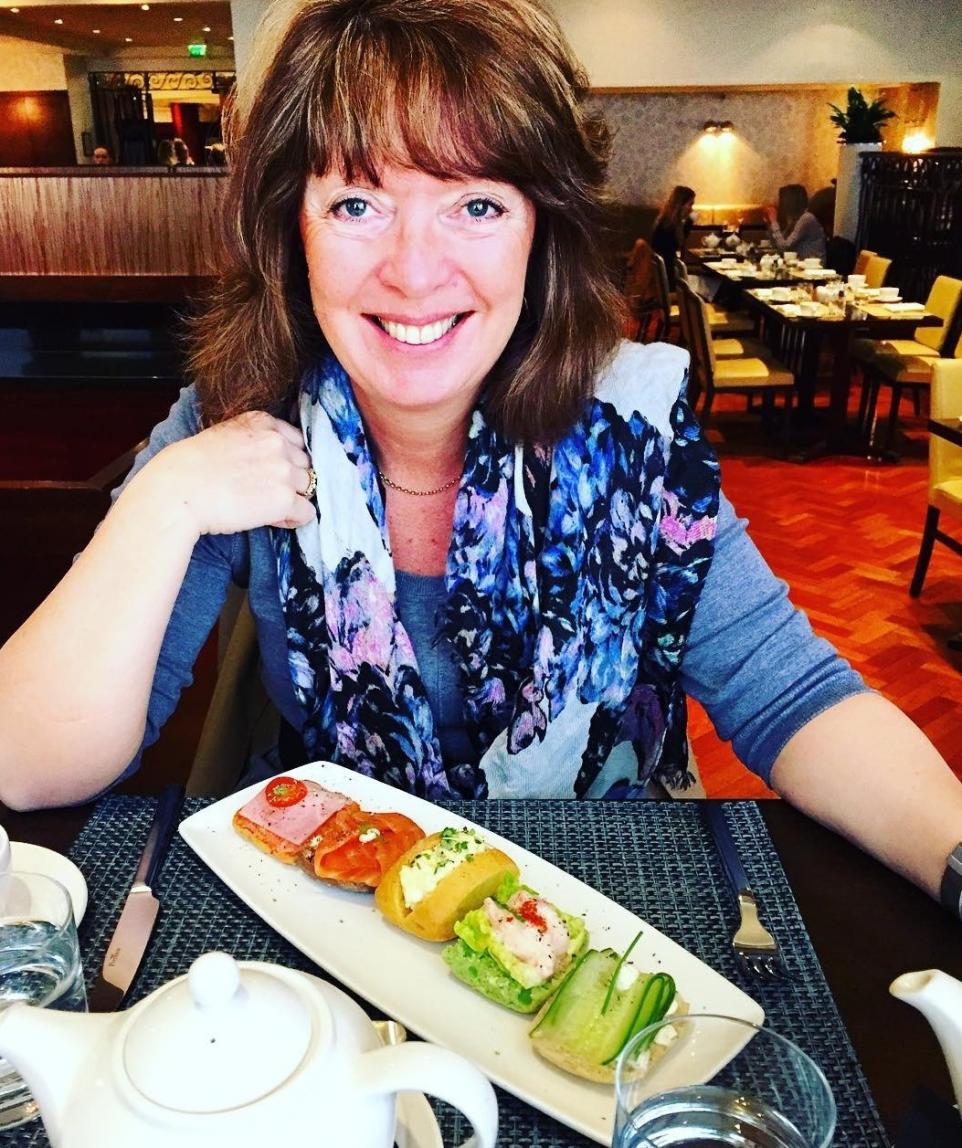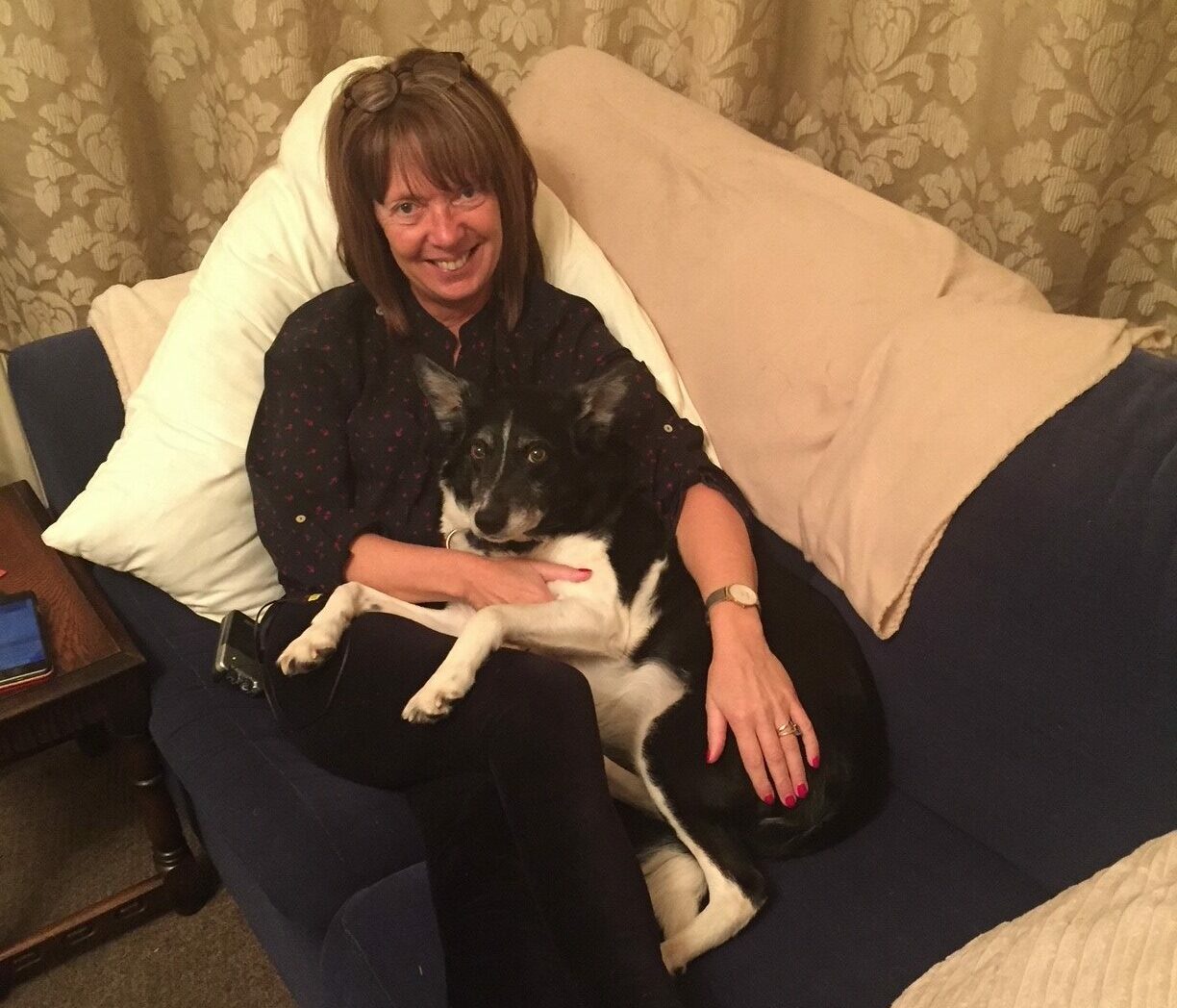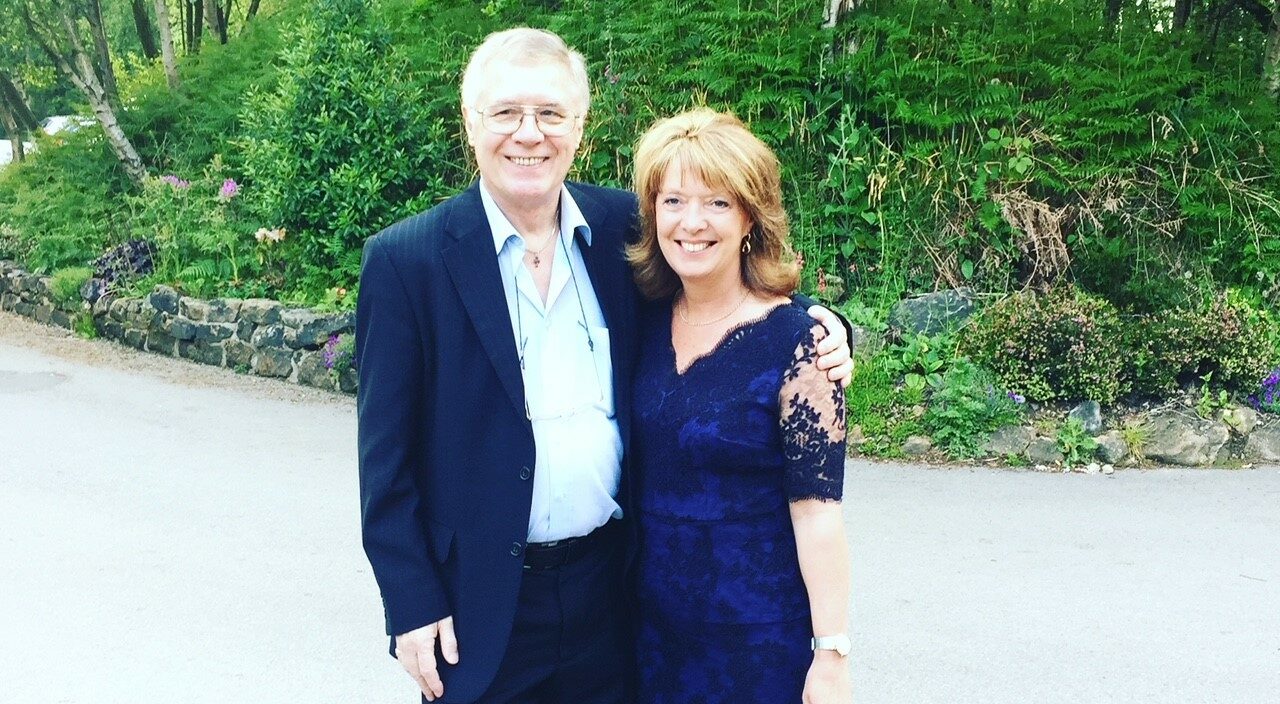Julie Tempest, rather more than a ‘Goner’
John Tempest shares his wife's story of pancreatic cancer and his hope that the Rt Hon. Steven Barclay will fully fund research into pancreatic cancer.

“My back hurts,” said my wife Julie, aged 53.
“Where?”
“Just there”, she said, pointing to it.
“Have you been doing anything strenuous?”
“No.”
“Best go see a doctor.”
And so, she did. The GP she saw that day prodded and poked about a bit, gave her some pills for the pain and sent her on her way.
A couple of weeks later and my usually quite relaxed wife complained again. So, she went back and saw a different doctor who gave her some different pills.
And so, it continued. For months. After a few more GP visits, rarely seeing the same doctor and having different painkillers prescribed, she was advised to swim at some aqua-therapy class. By this time, her backache had become so bad that she was unable to enter the pool and the physio who ran the classes saw that she was in difficulty and immediately advised her to go back to one of her GPs. And so, she did.
A couple of weeks later and after another round of different painkillers, she was booked in for a MRI scan. Progress, at last!

But, and there often is one, by the time she had been correctly diagnosed as having pancreatic cancer, she was too weak for any meaningful sort of treatment. The NHS oncologist was pleasant and answered Julie’s questions, as was another consultant, but there was little they could practically do.
My sister was an oncologist in America and immediately offered to come over [with her MD (GP) husband]. I sent her the MRI scan reports, and she was able to make sense of exactly how far the cancer had progressed. We decided she would come over later rather than have her with us sooner. It was a wise move.
As Julie’s condition deteriorated, and it was apparent she needed expert help, my sister came over. Thankfully, she had been trained and qualified as a doctor in the UK, so she could administer drugs and thus avoid lengthy waits for nurse visits, doctor authorisation, and eventual pain relief in the middle of the night.

On 5th June 2017, the morphine doses became redundant as she died. She was 54.
I believe, had two factors been in place, my wife would have lived longer – granted, in a ‘managing the illness’ way, rather than curing it.
GPs really do need to remember their Hippocratic Oath [Do no harm] when arranging their surgery visits. A 10–12-minute timespan for every visit to the GP barely gives the doctor time to scan through the last few visits by the patient, assess the previously prescribed medication and rarely will they understand the root cause of the problem. If this isn’t changed, the merry-go-round of prescribing a cocktail of painkillers and sending the patient on their way will continue. Being able to report that they had seen x number of patients should be replaced with the number of treatable conditions they had managed.

And now the £64,000 question [actually, it’ll need to be much more]. The general impression is that if a patient has pancreatic cancer, they’re effectively ‘a goner’. Yes, if it’s caught early enough, they might be strong enough for treatment, but that’s not a cure. I believe the current Secretary of State for Health & Social Care, Rt. Hon. Steven Barclay means well and works hard, but until the level of funding for finding a cure for pancreatic cancer is increased, we will continue to lose more people to this disease.
Politicians don’t often stay ‘in post’ for longer than a few years, but what an excellent legacy Mr Barclay could leave if he immediately increased funding to the levels at which other cancers have been investigated and cured. Then there’d be fewer ‘goners’.
John Tempest